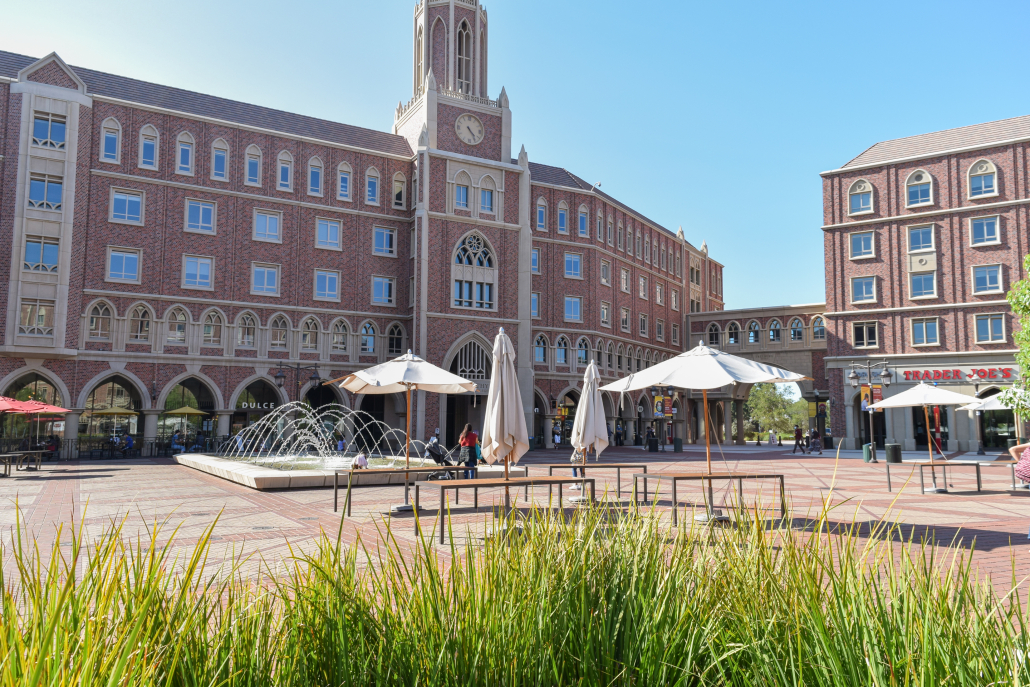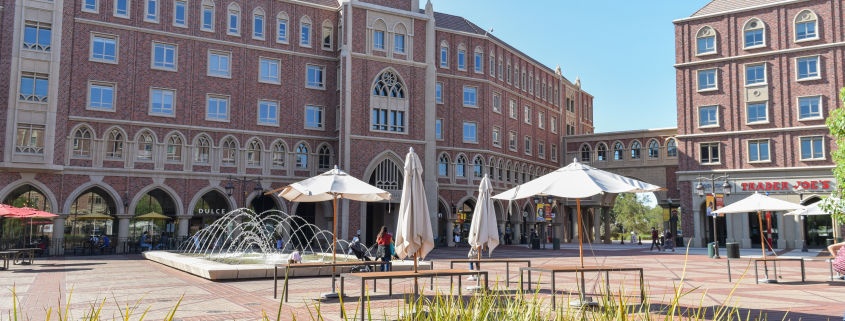Students navigate the uncertainty of housing for the spring semester

When Valentina Dangond found out that campus was transitioning to a virtual learning structure in March, it also meant figuring out her lease agreement for the remainder of the semester. Dangond, an international student from Colombia, is one of many international students who have had issues navigating their housing contracts amid the pandemic.
After deciding that living with her parents would be more financially affordable, she ultimately chose to move back home. However, she was still bound by the provisions of her lease agreement and continued to pay rent for her apartment until August. In late summer, she and other international students in her apartment complex were allowed to halt their rent payments for the following six months.
From her experience, Dangond said she believes international students are at a particular disadvantage because they have limited options for remote learning, such as taking a leave of absence. As a result of the economic impact of the coronavirus on global markets, many international students have experienced hurdles in paying tuition. Dangond said tuition prices are even higher for students outside the United States because of currency differences. Since the U.S. dollar is valued higher than the Colombian peso, the shifting currency conversions has impacted Dangond.
“It’s a problem, and a lot of people at USC are probably facing it,” said Dangond, a junior majoring in international relations and political economy. “A lot of people are taking leaves of absences and putting their visas in jeopardy because they cannot pay for college.”
With the three-hour time zone difference and the redundancy of online classes, Dangond said she has felt constrained to the walls in her room in Barranquilla, Colombia.
“It has been difficult, especially my late classes,” Dangond said. “I’m going to be finishing class at 8 p.m., and I have a lot of friends who are struggling and finishing classes at 11 p.m., so it’s very difficult for them.”
As she did not have to pay rent for her apartment for the past six months, Dangond has saved money and plans to move back into her off-campus apartment in the spring.
Other students have also faced difficulty figuring out housing plans during an uncertain academic year. When it became clear last spring that classes would be virtual, Nicholas Wong, a junior majoring in human biology, also decided to move back home with his parents in Anaheim, Calif. For Wong, health and financial concerns were two significant factors that played a role in making the decision, but he still hasn’t transitioned well to learning from home.
“I don’t know if I’ve adapted well yet,” Wong said. “It’s definitely a process. With last semester being so abruptly made online and so many different things being changed, it’s really hard to say [whether] I actually was able to adapt last semester.”
Students with special circumstances and in need of housing were provided spaces this semester at USC Village. Michaela Mengen, a sophomore majoring in global business and data science, was approved to move into Ilium Residential College. After facing difficult circumstances at home, Mengen applied for emergency housing at the University. Since her September move-in, Mengen said that having her own space has felt liberating.
“I have my own apartment, and I really like baking also, so I can make a mess and no one says anything about it,” Mengen said. “So that’s really been really fun, the freedom of having your own space, especially if you want to just relax.”
Although Mengen has been able to adapt to living by herself, she is concerned about the actions of her fellow students living in areas close to campus.
“I feel like some people don’t recognize how dangerous this virus could actually be,” Mengen said. “They just kind of take their healthiness for granted without thinking about the surrounding community, which has proven to be a community that’s at higher risk for COVID and potentially more deadly for them.”
According to the Department of Public Safety’s Daily Crime and Fire Log, officers have responded to 72 reports of parties around campus.
As a result of coronavirus outbreaks in off-campus housing, Wong expressed his concerns about a potential hybrid learning format next semester, with recent videos surfacing online of irresponsible social interactions among students.
“Being a part of Greek life, I see a lot of the issues actually stem from Greek life, as much as I have loved my time being in there, I see a lot of houses not practicing social distancing,” Wong said. “I think USC needs to do a better job in terms of cracking down on these places, on these houses in on- and off-campus housing making sure no one’s partying, and also being a little more transparent on what the plan is.”
Wong also expressed concerns about the lack of accountability from USC students living in off-campus housing. Wong said that USC administrators need to be more stringent upon enforcing Los Angeles County health and safety guidelines for students living close to campus.
As he doesn’t expect the coronavirus infection rates to change, Wong plans to continue taking classes at home to also save money for his future housing plans in Fall 2021.
For Jonah Kijel, a sophomore majoring in business administration and political science, the proximity to campus was a priority for housing. During the fall semester, he hoped it would enhance his productivity and provide a better working environment than his home in Orange County. In the summer, he decided to rent an off-campus apartment at the Lorenzo.
“I think I’ve carried over pretty well from the summer, which means that I didn’t really have a social life in summer, and I don’t really have one now either,” Kijel said. “Pretty much just any free time I have, now, I spend it by going to the [USC] Village. Most of my free time is spent doing that, if not driving around.”
Throughout the semester, Kijel said he usually finds a table at USC Village to work and spend time alone. Although his work ethic has improved, Kijel thinks USC should create opportunities for students to interact in smaller groups in a hybrid semester next spring to foster more face-to-face interactions.
Whether or not USC moves forward with a hybrid learning plan, students will be allowed to take all courses online, Provost Charles Zukoski announced in a University-wide email last month. He also stated that the University plans to bring 5,000 students to university housing following L.A. County approval.
Kijel also acknowledged that considering the rampant spread of coronavirus, the virtual environment might become a prolonged reality for USC students.
“I think that it’s really tricky because I don’t foresee things getting better, in terms of the County or even the school in general,” Kijel said. “Nobody really knows what to do or what is the best solution. There is no right answer, essentially.”

